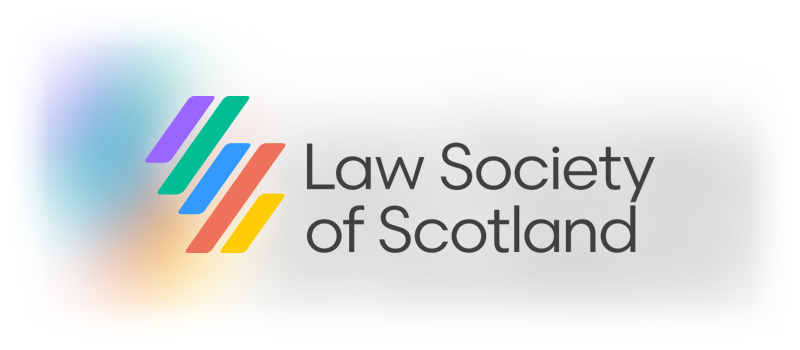
Law Society of Scotland: Prayers “could fall foul” of conversion practices proposals
The professional body for Scottish solicitors has warned the Scottish Government of serious flaws in its ‘conversion therapy’ law plans.
The Law Society of Scotland states that in its current form: “Proposed legislation to prohibit conversion practices in Scotland may criminalise legitimate behaviour”.
There are “legitimate concerns” from religious organisations, the Law Society told the Government, including “that praying with anyone about their sexual ethics or sexual behaviour, or offering counselling on such issues, could fall foul of the definitions in the proposed bill”.
The Society represents over 13,000 solicitors and is responsible for setting and upholding professional legal service standards. It says it formed its position based on input from its committees “covering public policy, criminal law, family law and human rights law”.
Publishing its response to the Scottish Government’s public consultation on its proposals for a new conversion practices law, the Society announced: “New laws, particularly criminal legislation, must be shown to be necessary and a fair and reasonable means of addressing a clearly identified problem. Such laws must be clear and meticulously drafted to ensure that innocent conduct is not criminalised.”
“This proposed legislation currently does not meet these fundamental requirements, and significant refinement is needed so it doesn’t capture circumstances which should be beyond legal reproach.”
In its response, the Law Society detailed some of its concerns, notably on the need to “avoid the inadvertent criminalisation of innocuous conduct that would ordinarily be considered to fall far below the threshold of criminality”. Instead, it finds that “the draft legislation contained in the consultation is too broad”.
The Law Society repeatedly explains that the intentions of the Government, as outlined in its consultation paper, are not matched by the proposed language of the Bill.
It says the wording “risks capturing some circumstances which the consultation states the Scottish Government does not intend to include”.
In several instances, the Law Society particularly reflected on the risk to religious groups:
“We are of the view that the proposed legislation has issues in relation to freedom of religion in terms of the Article 9 of the European Convention of Human Rights.
“The definitions in the legislation must be such that religious organisations do not feel there is any risk of prosecution for lawful activities carried out ... under the charitable purpose of advancement of religion (worship, teaching, prayer, counselling, hearing confessions etc).”
In its final answer to the consultation, the Law Society told the Scottish Government: “We consider that the proposals in the consultation could have an impact on faith-based organisations”.
The Society concludes: “We are aware of the very serious concerns expressed about these proposals by a wide range of religious bodies. ... we think there are legitimate concerns that perfectly normal activities by religious organisations could fall foul of the suggested legislation. For example, that praying with anyone about their sexual ethics or sexual behaviour, or offering counselling on such issues, could fall foul of the definitions in the proposed bill.”
See also: Orwell, Holyrood and 'conversion therapy'
Sign up to the Let Us Pray campaign for regular updates - join the campaign.
Sex Matters responds to Stonewall’s ludicrous “conversion” claims
2025-05-14 07:17:58
